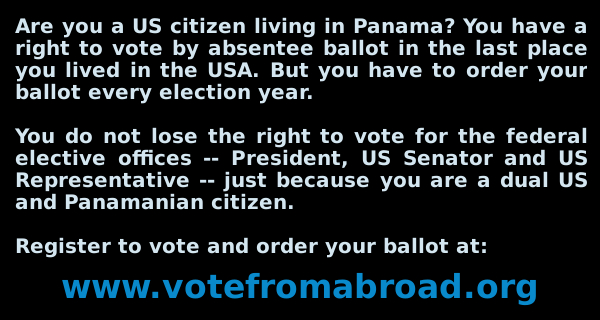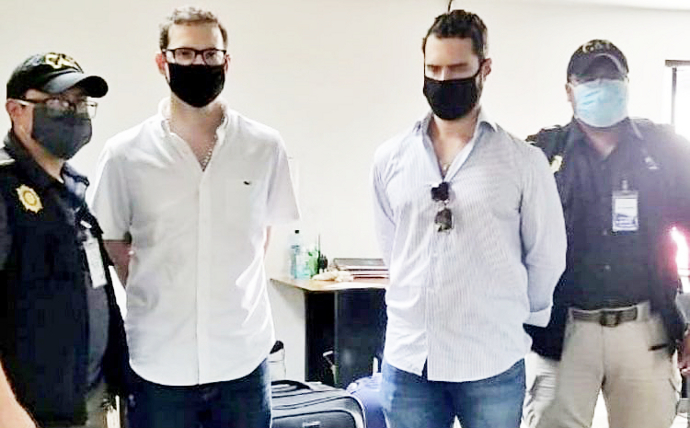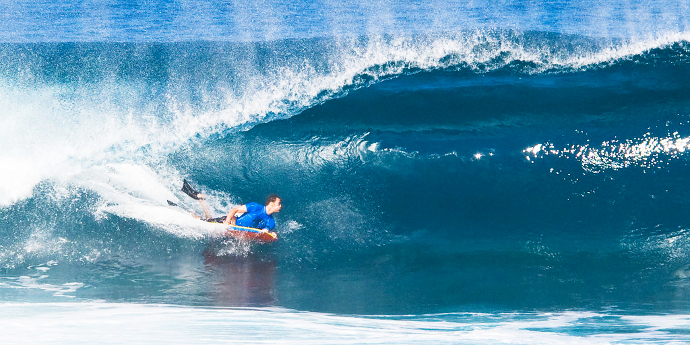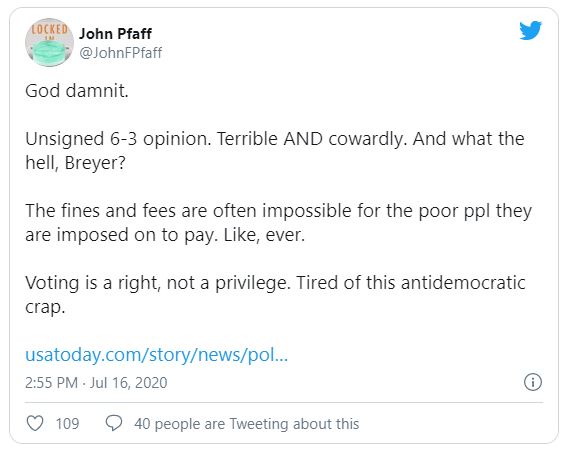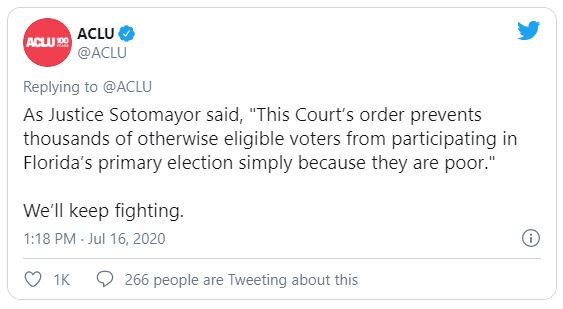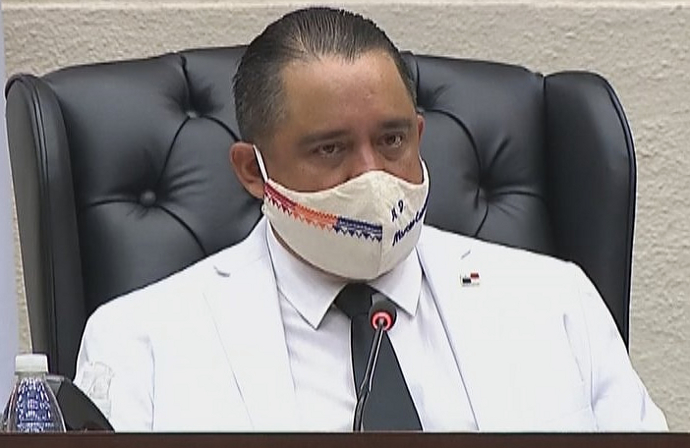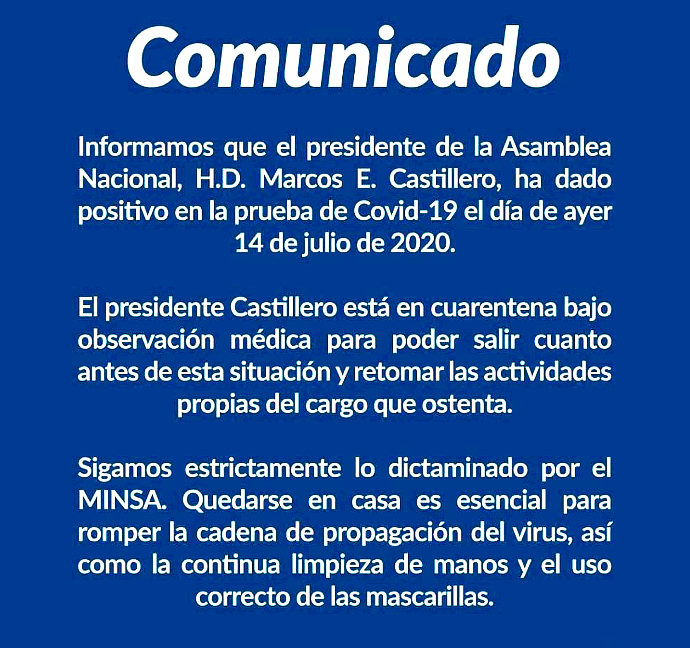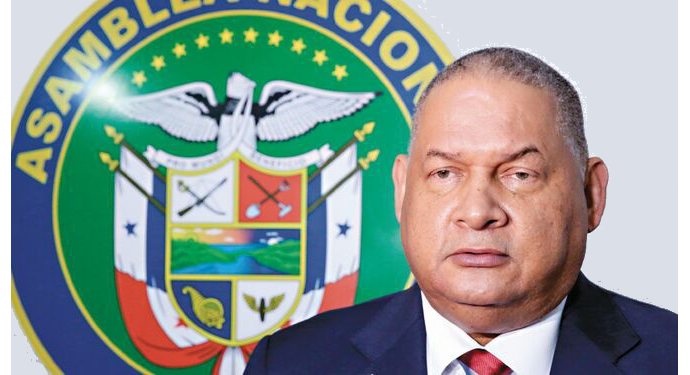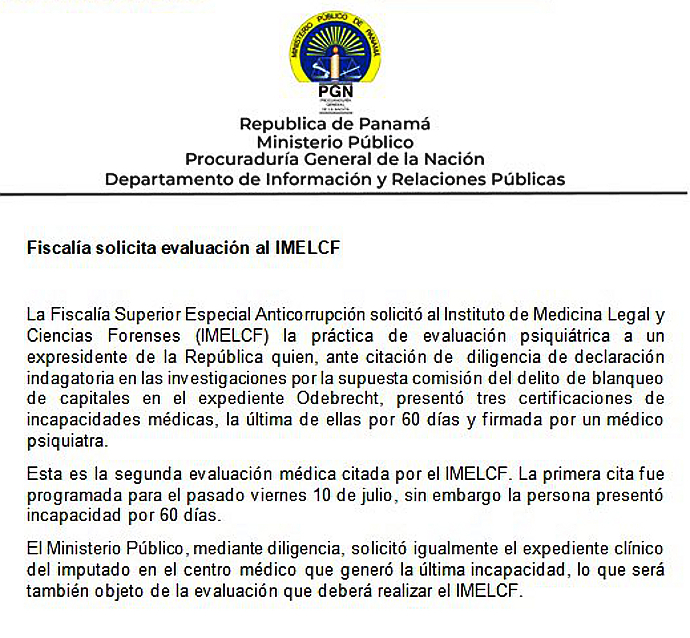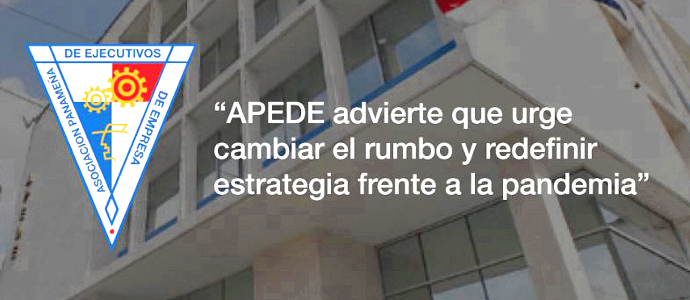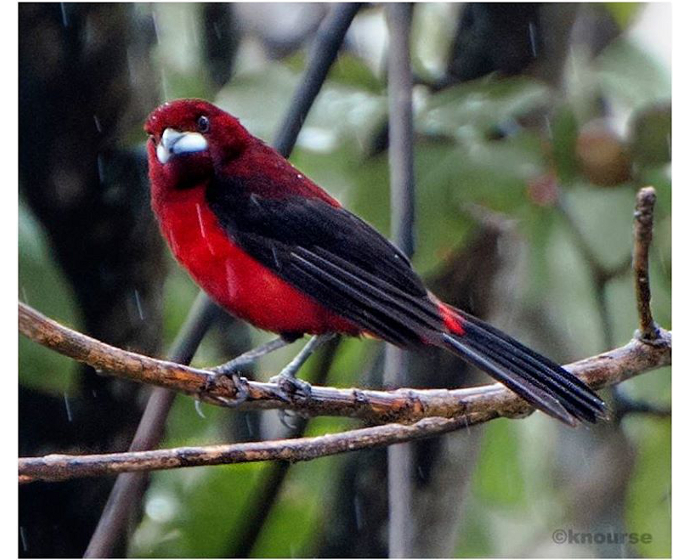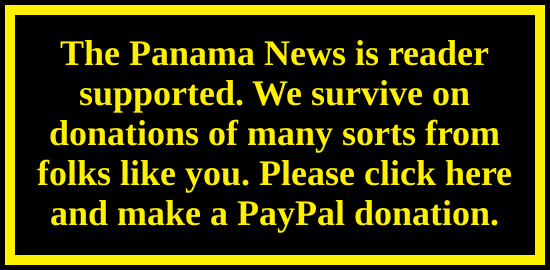Light at the end of the tunnel, or something coming the other way? Photo and electronic manipulation by Eric Jackson.
At this moment, we need a siege economy
Nito Cortizo took bad advice from business leaders, and then politicians of his own party made things worse. That’s what happened with his “constitutional reform package.” And no sooner than that mistake was punted away for some unspecified “later,” the COVID-19 pandemic was upon us.
The government initially bungled by listening to voices of supposed caution and delaying the closure of one of the metro area’s biggest high schools, where the outbreak was first identified. Bold action was required, but the infection was allowed to spread all over the city, on buses and trains and wherever folks from that school went.
After a few days the mistake was recognized and a serious lockdown was decreed. But the banker vice president was put in charge of the economic side of it. Coming from his social milieu was total disdain, incomprehension and non-recognition for the great majority of working people in this country. It warped our disaster response.
The initial rules gave relief only to some of those laid off from formal relationships with formal businesses. In some places food assistance was put in the hands of representantes, some of whom treated it as a political patronage program. The much-heralded conversion of cedulas into debit cards for food purchases? The stores were not getting repaid in anything close to real time. The problems with the food relief program have been partly corrected with time, but the whole program is and always was inadequate.
There was a stringent dry law that went along with the lockdown. So of course many of those left out of the food assistance program quickly got into an alcohol black market. There is a tendency to dismiss it as a matter of gangsters will be gangsters. That conclusion might actually be true, but the impression was also one more dodge in an exaggerated information control game that came with the state of emergency. We got Twitter feeds full of police photos of people being arrested for alcohol offenses and barely a word about who these people were and what led them to the choices they made.
The information controls have done much more harm than that. To be sure, they haven’t become nearly so bad as when Manuel Antonio Noriega sent Alejandro Moncada Luna around to close down all but the most obsequious media. However, along with the lack of transparency came declarations from the Cortizo administration that any news not coming from them was fake. Crude PRD call center vilification campaigns against non-allied political factions have been a continuous feature on the social media. There has been much opacity about public finances and other subjects.
And the stated purpose of Nito’s information wars? Not addressed. There are still people using the social media to say that COVID-19 is all a hoax, or some arcane conspiracy to control people for some undisclosed purpose. There is still anti-mask agitation here. There are still many anti-scientific expressions in Panama-specific public spaces by identifiable individuals. While raids and arrests by a new Brain Police unit would be several steps too far, it’s overdue to have somebody from the government tracking and systematically responding to the disinformation with a nonpartisan but official voice.
Too many failures were readily apparent. If the point of the information controls was to deceive, those measures by and large did not work.
Rather than ignore the signs, Nito belatedly, slowly and less than completely made adjustments. He never has admitted how seriously out of whack Panama’s economy and society had become and will remain under the burden of the pandemic. We are witnessing the erasure of many equations that didn’t add up even beforehand.
The current administration started with independent and astute economic observers wondering who would eat the losses from a glut of unsold inventory. It was and is most severe in the real estate sector. There were people trying to sell things lauding a bygone “economic miracle” in which most Panamanians never shared, but the references properly belonged in the past tense. Panama’s serious debt problem was a matter of public record before President Cortizo took office. Then he made inquiries and had his people look at the books. They found huge hidden debts. Still, business elites and the political caste didn’t want anything to change even though things had to change. Then came COVID-19.
A state of emergency was declared, giving the president powers of decree as if in wartime. The usual controls on financial mischief were relaxed in favor of rapid responses to the crisis – and some took advantage. Some of the decrees against profiteering, like in telecommunications, became instant dead letters. Evictions were illegal but they still happened. Land grabbing and illegal logging flourished because the government wasn’t there to stop it even were there any will to do so.
Hunger grew into civil disturbances. The president’s economic team, most probably informed by right-wing idiot wind blowing down from the United States, urged an early reopening. The unemployed would be put to work – where, how, by whom, under what conditions didn’t seem to matter.
It turned out to be a monumental health disaster. It wasn’t the fault of the former health minister, Rosario Turner, who took the fall. It was a set of social and economic policies that gave many people little choice other than to violate the health regulations.
What to do now? If constitutional provisions designed for war have been invoked for several months now, shouldn’t we be acting as if under siege? Not with shooting or ever more draconian penalties, but by other things that usually happen in times of war. Like people being drafted for essential services. Like requisitioning assets needed for the nation’s defense. Like suspending some contracts that favor corporations, just as labor contracts have already been suspended. Like the government ordering certain private businesses to redirect their activities to meet more pressing public needs. What would likely be found is that little coercion would be needed, that most people would voluntarily pitch in.
Let’s spare the cruel and unusual punishments. But let’s embrace stern ethics befitting the challenge we face.
And let’s show our helping hands in this troubled time.
Those under home quarantine should be expected to stay at home, but should also have the food and medicine they need delivered without them having to go out.
There are many empty real estate units. Also, many vulnerable people who should to be housed in such places, apart from family situations in which somebody is sick.
Are working online from home and education by Internet the stated public policies? Then the telecom companies’ price gouging needs to end. Then a lot of people who need work should be put to work installing a public broadband system that serves the whole country to make those things more possible.
If Juan Carlos Varela’s promises of universal running water and flush toilets were unkept, it now becomes an urgent matter of public health to hire people to make good on those promises.
If putting a lot of people back to work means testing all applicants and sending some of them home to be quarantined, do so. Hire and train some people to do the tests, and others to look after those who are quarantined.
Does somebody from the “right” family, with more money than most and connections to the right people, get to move to and from the city for weekends in the Interior? There is nothing “humanitarian” about special passes based on such considerations.
Surely we must settle the equities, but on a grand scale not now. We will also need to reconsider how we are going to permanently reorganize government in the wake of this calamity — after the crisis has passed. When that time comes let’s do it democratically, fairly and with due regard for people’s rights.
Will somebody say “That’s communism” and thus end all consideration of a siege economy? To be sure, Josef Stalin imposed draconian emergency measures during the sieges of Leningrad and Stalingrad, and in the defense of Moscow against a German offensive. But siege measures also applied in London during the blitz. No Briton won an argument that his or her personal freedom to decorate a private residence excused the failure to put up blackout curtains. Franklin D. Roosevelt converted US industry to war production, including by removing the Nazi sympathizer Henry Ford as head of Ford Motor Company.
Serious emergency decrees were anything but new back then. Read the ancient scriptures. Study the archaeological and historical records. Western literature got its start with an epic poem about the siege of Troy. Before there were Jews or Arabs, Jerusalem was founded where it is because its water supply comes from an underground river that couldn’t be cut off or poisoned by a besieging army. All of the ancient prophets of the major religions knew about plagues, sieges and special measures in such dire times.
These are such times. Our president needs to face up to the seriousness of our predicament. So does the population at large.
Bear in mind…
It’s useless to hold anyone to anything he says while he is in love, drunk, or running for office.
Shirley MacLaine
No boats, no fish, we starve.
Anne McCaffrey
The infectiousness of crime is like that of the plague.
Napoleon Bonaparte
Contact us by email at fund4thepanamanews@gmail.com
To fend off hackers, organized trolls and other online vandalism, our website comments feature is switched off. Instead, come to our Facebook page to join in the discussion.
These links are interactive — click on the boxes
